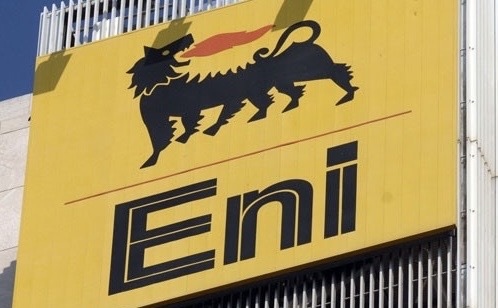KEY POINTS
- Appeals court maintains eight-month jail sentence for two Milan prosecutors over mishandled Eni–Nigeria case
- Ruling centres on failure to file evidence that could have aided the defence
- Prosecutors plan to appeal to Italy’s top court while continuing in office
An Italian appeals court has upheld the conviction of two Milan prosecutors accused of mishandling a major corruption case involving energy giants Eni and Shell, deepening a controversy that has dogged Italy’s judicial system for years.
The court in Brescia on Thursday confirmed the eight-month prison sentence handed to prosecutors Fabio De Pasquale and Sergio Spadaro, who were found guilty of failing to file documents that could have supported Eni’s defence in a long-running international bribery case.
That case, one of the most high-profile corruption trials in the global oil industry, centred on Eni and Shell’s $1.3 billion acquisition of Nigeria’s offshore OPL 245 oil block more than a decade ago. Both companies, along with all defendants, were acquitted in 2021 after judges ruled that there was insufficient evidence of wrongdoing.
Prosecutors Accused of Withholding Crucial Evidence
In its ruling, the Brescia court found that De Pasquale and Spadaro had breached their legal duties by not submitting a key video recorded by a former Eni lawyer. The footage, which was not presented to the court during the 2021 trial, was deemed relevant to the defence and its absence raised questions about prosecutorial conduct during the proceedings.
Before the verdict was read, Spadaro defended his actions in a lengthy statement, insisting that neither he nor his colleague had intentionally withheld evidence. “There was no refusal, no omission,” he told the court, adding that the pair acted “according to conscience and law.”
Their lawyer, Massimo Dinoia, confirmed that both prosecutors intend to appeal to the Court of Cassation, Italy’s highest judicial authority. Pending the outcome of the appeal, De Pasquale and Spadaro will continue in their professional roles.
The case has stirred debate in Italy about judicial accountability and the handling of politically sensitive corruption probes. The Brescia tribunal, which holds jurisdiction over Milan’s judiciary, said its decision was consistent with the original ruling and underscored the prosecutors’ responsibility to ensure fair trial standards.
The 2021 acquittal of Eni and Shell closed one of the largest corruption trials in the oil industry’s history, a case that had drawn scrutiny from anti-graft activists, international observers, and Nigerian authorities. Yet, the conviction of the prosecutors who led the investigation suggests that the legacy of the Eni–Nigeria scandal continues to reverberate through Italy’s legal corridors.



